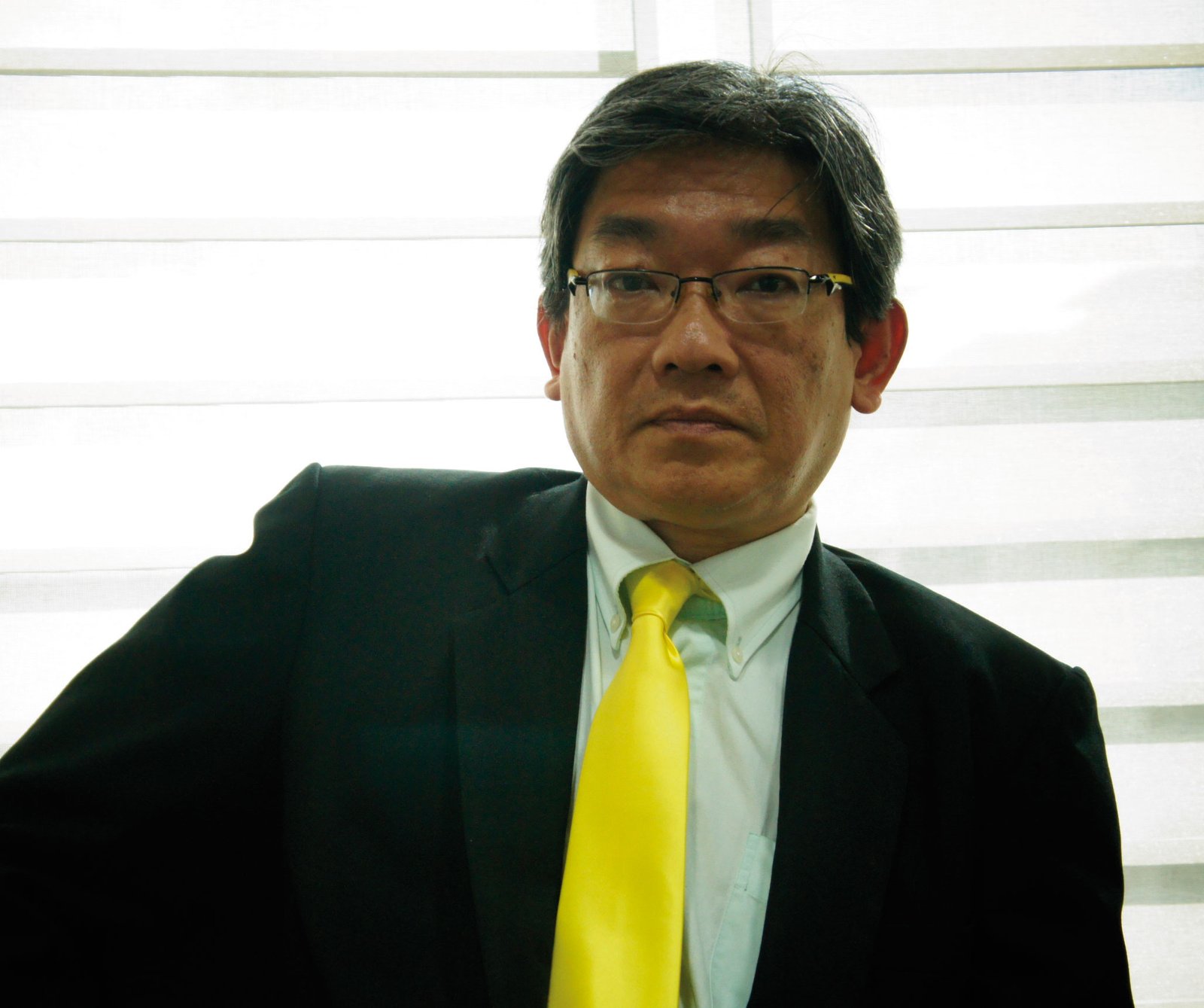
Mr Ung Eng Huan, CTO, BioValence
Malaysian life sciences industry has so far focused primarily on natural products and their extracts. BioValence, set up in 2011, decided to go against the paradigm and exploit the much larger potential of recombinant therapeutics. The team at BioValence is developing next-generation antiviral technologies and multifunctional drugs that target viruses at multiple points of their life cycle in human, livestock, aquaculture and companion animals.
A start-up company, BioValence recently joined hands with Malaysian company, Defensia, to scale-up the RetroMAD1 technology to the next level of commercialization and production. RetroMAD1 is a ChAMP (Chimeric Anti Microbial Peptide) drug expressed using E.coli as recombinant protein cell factories. RetroMAD1 is mastered with protein refolding technology that allows simple up-scale production to be done practically and has proven in vitro efficacy against oral herpes (HSV-1), genital herpes (HSV-2) and dengue fever.
BioValence is also planning to invest in a cGMP facility to produce clinical batches for US Food and Drug Administration trials.
"BioValence is now completing a recombinant protein plant that will supply shrimp hatcheries worldwide with an oral delivery broad spectrum therapeutic to ensure that viruses occurring at the hatchery-level are not transmitted to grow-out farms," shares Mr Ung Eng Huan, chief technology officer, BioValence. Shrimp culture industry is growing by 20 percent per year over the last two decades in Asia and a virus, called the White Spot Syndrome Virus (WSSV), has caused $10 billion loss in the past 10 years.
BioValence is also conducting multi-center trials in cats for Feline Immunodeficiency Virus and Feline Leukemia Virus as well as in dogs for Canine Parvo Virus. The company has signed up with a company from Philippines to test RetroMAD1 on porcine viruses. "Every animal species has a number of incurable virus diseases, so we have a lot of scope for trials and niche commercialization while we patiently proceed on the long and winding road to eventual human applications," says Mr Ung Eng Huan.
BioValence is one of the few labs in the world that are working on oral delivery broad spectrum antiviral. Mr Ung Eng Huan strongly believes that instead of focusing on the local standards and market, opportunity lies in targeting at the global market and hence the company will have to keep up the standards as per the global biotech environment.
Having an optimized methodology for detection of the RetroMAD1 protein at extremely low levels in serum, BioValence is planning to conduct pharmacokinetic and pharmacodynamic studies on rodent and monkey models.
"Our first drug, RetroMAD1 is in its final preclinical phases. Toxicology results have been very promising and an extremely high therapeutic index will be forthcoming. Once our final rodent and primate toxicology is done along with pharmacokinetic and pharmacodynamic studies, we will be moving towards phase I trials in humans probably in 2013," says Mr Ung Eng Huan.
Funding is one of the challenges that BioValence is facing. With the possible availability of some good sponsorship for its potentially aggressive high-output drug discovery pipeline, it aims to deliver two to five new drugs every year. The Malaysian government, through the Ministry of Science, Technology and Innovation, has been supportive in the early up-scale technology trials and has granted $450,000 through TechnoFund Grant.
BioValence has another four to eight protein drugs in the pipeline and the company expects that at least two of them will be as good as RetroMAD1. These are already undergoing in vitro validations and a couple of them will enter animal trial stage in 2012.




